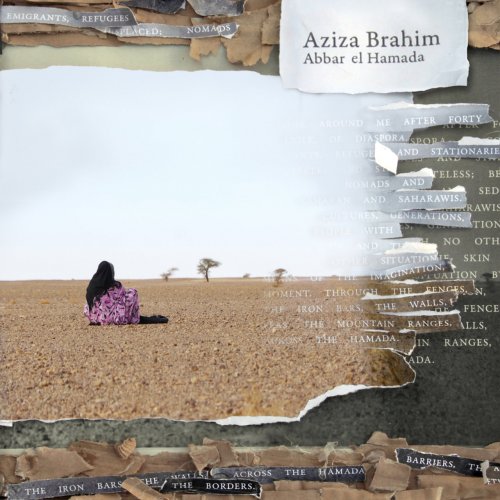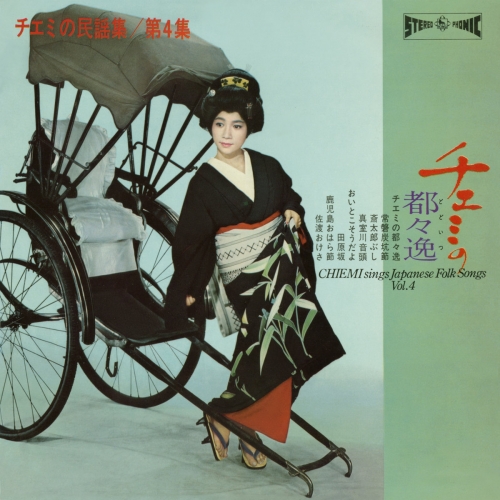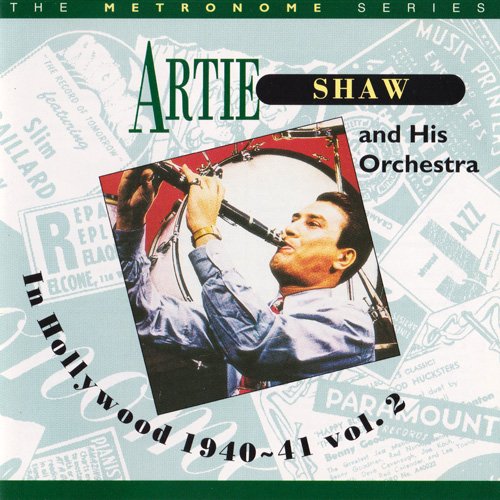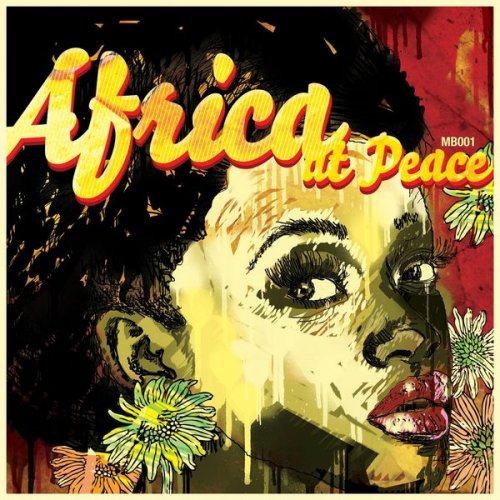Aziza Brahim - Abbar el Hamada (2016)

Artist: Aziza Brahim
Title: Abbar el Hamada
Year Of Release: 2016
Label: Glitterbeat Records
Genre: World
Quality: FLAC (tracks)
Total Time: 38:23
Total Size: 246 MB
WebSite: Album Preview
Tracklist:Title: Abbar el Hamada
Year Of Release: 2016
Label: Glitterbeat Records
Genre: World
Quality: FLAC (tracks)
Total Time: 38:23
Total Size: 246 MB
WebSite: Album Preview
01. Buscando la paz 03:08
02. Calles de Dajla 02:50
03. El canto de la arena 04:49
04. El wad 03:14
05. La cordillera negra 03:55
06. Abbar el Hamada 03:36
07. Baraka 03:51
08. Mani 05:25
09. Intifada 02:55
10. Los muros 04:41
Western Saharan musician/activist Aziza Brahim's new album Abbar el Hamada (Across the Hamada), is a commanding and compassionate musical statement about, and for, the tumultuous age in which we live. Raised in a Saharawi refugee camp in the Algerian desert, and living in exile for more than two decades (first in Cuba and currently in Barcelona), Brahim's life and music embodies both the tragedies and hopes of the present-day migrant and refugee experience. As walls and borders are again being raised though-out Europe and other corners of the world, Aziza Brahim's passionately sung poetic defiance, is especially timely and profound. Los Muros (The Walls), a dignified desert dreamscape; is emblematic of Aziza's artistry. The lyrics morph from condemning the sand fortifications Morocco has erected along the Western Saharan border (to prevent the return of the Saharawi to their homeland), to a recognition that while walls are tragically universal, so is the imaginative spirit that encourages us to transcend them. Brahim's previous album, the resplendent Soutak, made great strides towards spreading her message of liberation and resistance. Soutak spent an unprecedented three months atop the World Music Charts Europe, and was the chart's top album for 2014. The album was also selected as one of Songlines magazine's "Top Ten" albums of the year and appeared on several other year-end critics lists. An appearance on the legendary BBC television program Later with Jools Holland further cemented her growing reputation. Buoyed by this success, Aziza and her band toured extensively in Europe and beyond. Soutak not only confirmed Brahim as the most important Saharawi musician of her generation, but it also gave evidence that she had become one of Africa's most respected young musical voices. On Soutak the musical nuances of Barcelona, her adopted home, were clearly audible. While these influences certainly have not vanished, on Abbar el Hamada, Aziza has consciously extended her reach deeper into the sounds of contemporary West Africa. This move has been reinforced by the introduction of Senegalese percussionist Sengane Ngom and drummer Aleix Tobias (who has studied drumming in Gambia and Senegal) into her band, and the return of Malian guitarist Kalilou Sangare from the Soutak sessions. Bassist/arranger Guillem Aguilar and guitarist Ignasi Cusso, also return from the previous band. Recorded in Barcelona in the summer of 2015 with Soutak producer Chris Eckman (Bassekou Kouyate, Tamikrest), Abbar el Hamada, is a wholly persuasive example of Brahim's pan-musical vision and is her most compelling and varied album to date. "It is meant to be a diverse, powerful album," she says, "where Saharawi traditional rhythms (such as Asarbat and Sharaa) are mixed with drums and rhythms from West Africa (particularly Senegal) and of course Mediterranean sounds and rhythms also." From the pulsing desert rock of Calles De Dajla, to the Afro-Cuban inflections of La Cordillera Negra (evoking 70's recordings by the Super Rail Band) through the dusky elegance of El Canto Del La Arena and the raw balladry of Mani (featuring Malian blues-master Samba Toure on guitar), the music and lyrics on Abbar el Hamada masterfully reflect the restless, imaginative search for home, explicit in the album's title. Hamada is the word used by the Saharawi people to describe the rocky desert landscape along the Algerian/Western Saharan frontier where tens of thousands of their people are stranded in purgatorial refugee camps. "For me, Abbar el Hamada (Across the Hamada) is a title that synthesizes our destiny as a country over the last 40 years", Aziza explains. "We are suffering an injustice that condemns us to try and survive in an environment as inhospitable as the Hamada." When recently asked how she would best describe her musical mission and methods, Aziza's reply was like her music; revealing and beautifully stated: "I'm not able to separate politics, cultural and personal concerns. So, the focus of my music is all of these areas at the same time. Political, because of its commitment to the denunciation of social injustice. Cultural, because it searches for new musical ideas. Personal, because it expresses the worries of a person that aspires to live with dignity in a better world." Innovation, naked truth, humility and political outcry: these are the raw materials of Aziza Brahim's ever expanding musical vision. On her new album, Abbar el Hamada she fuses and fashions these elements into an unforgettable work that is both deeply inspired and deeply inspiring.
Download Link Isra.Cloud
Aziza Brahim - Abbar el Hamada FLAC.rar - 247.0 MB
Aziza Brahim - Abbar el Hamada FLAC.rar - 247.0 MB
![David Chevallier, Sebastien Boisseau, Christophe Lavergne - ReSet (2026) [Hi-Res] David Chevallier, Sebastien Boisseau, Christophe Lavergne - ReSet (2026) [Hi-Res]](https://www.dibpic.com/uploads/posts/2026-02/1770298536_cover.jpg)





![McCoy Mrubata - Children On The Frontline (2026) [Hi-Res] McCoy Mrubata - Children On The Frontline (2026) [Hi-Res]](https://www.dibpic.com/uploads/posts/2026-02/1770560394_cover.jpg)

![Calibro 35 - Exploration (Deluxe Edition) (2026) [Hi-Res] Calibro 35 - Exploration (Deluxe Edition) (2026) [Hi-Res]](https://www.dibpic.com/uploads/posts/2026-02/1770195253_prs31td9h1vkc_600.jpg)